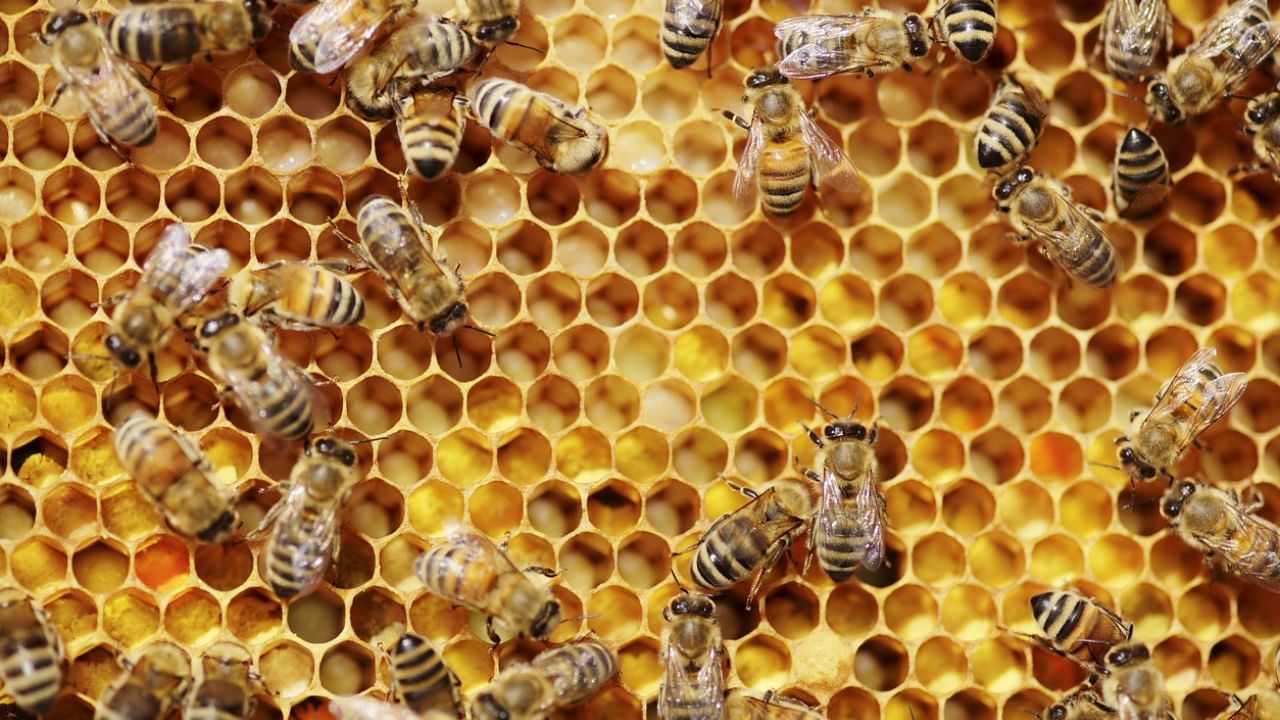
After yellow, green and white revolutions, India is witnessing a 'sweet revolution'. Before we get into what exactly is the sweet revolution, let me tell you it has nothing to do with West Bengal's rasgullas or Karnataka's pedas.
Sweet revolution, popularly known as 'beekeeping', is the government's initiative for accelerating the production of quality honey and other related products.
The government has allocated Rs 500 crore for National Beekeeping & Honey Mission (NBHM) for three years (2020-21 to 2022-23) keeping in view the importance of beekeeping as part of the Integrated Farming System (IFS) in the country. The mission, launched as part of Atmanirbhar Bharat scheme, is being implemented through National Bee Board (NBB).
The aim of the mission is to double farmers' income. Beekeeping has been useful in pollination of crops, thereby, increasing income of the farmers/beekeepers by way of increasing crop yield and providing honey and other high value beehive products such as bee wax, bee pollen, propolis, royal jelly, bee venom, etc.
A total 45 projects for assistance of Rs 88.87 crore have been approved/sanctioned for funding under NBHM as on December 17, 2021.
Also Read -- Economic Survey returns home after a decade
As the diversified agro climatic conditions in India provide great potential and opportunities for beekeeping/honey production, India is among the world’s top five honey producers. According to the Economic Survey, the export of honey has increased by about 110 per cent between 2013-14 to 2019-20.
Watch the latest coronavirus videos here:
